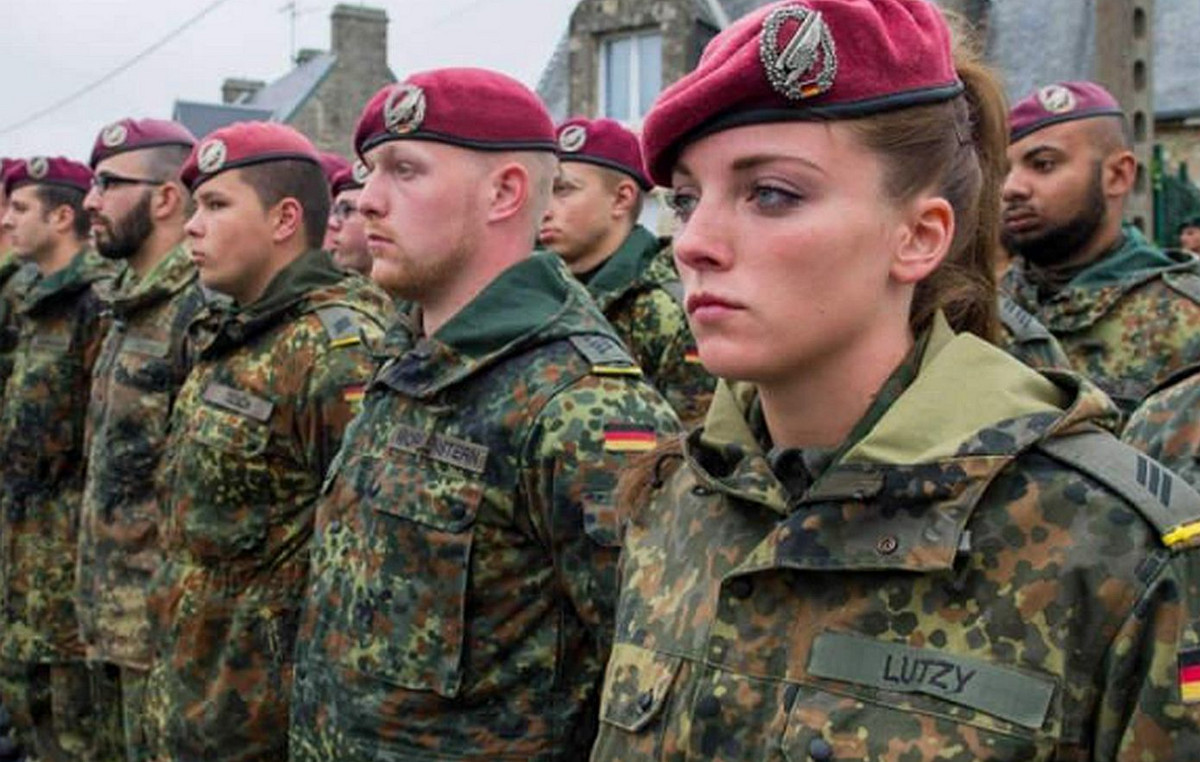Father denounces his daughter for opposing the war. A man reports to police an argument with a colleague about the war in Ukraine and another complains about a social media post that “mocks” the Z symbol, which has been associated with Russia’s attack on Ukraine. In all these cases, the police were mobilized, but the cases were not brought to justice.
In other cases the situation took on another dimension, with complaints that had serious consequences. An elderly woman complained about the inscription of anti-war messages on food labels in a supermarket in St. Petersburg. Activist-artist Sasha Skosilenko has since been threatened with ten years in prison.
Russians against Russians
But what drives Russians to denounce the ideas of their fellow citizens? According to anthropologist and author Alexandra Arkipova there are two forms of complaints: before the authorities to report an act they consider illegal and on social media to send a social message. Psychologist Maria Potudina sees reports of this kind as a way out for many.
“In Russia for a long time one cannot directly express one’s dissatisfaction (…) By making a complaint one can differentiate oneself from others, protect one’s environment from alternative views, ensure order, exercise control and punish the ‘ bad guys’, whom the state considers ‘traitors’,” she says.
Petty revenge and self-preservation
“Surrendering is also a way to gain a material advantage, it is a kind of micro-revenge or it is connected to the instinct of self-preservation” Arkipova estimates. In fact, in the Soviet Union there was a law that made it a crime not to file a complaint. The third and most complex reason for denunciation has to do with ideological purposes,” says Arkipova. As the anthropologist points out, denunciations for ideological reasons are widespread in Russia.
Authorities are also prosecuting “discrediting the Russian military.” Since the beginning of March, the authorities have initiated procedures for 2,000 corresponding cases. According to the independent organization OVD-Info, fines of up to 35,000 rubles (about 620 euros) were imposed for these cases. According to Pavel Chikov, head of the Agora human rights program, Russian courts handle about 40 such cases a day. There are also dozens of cases concerning the spread of ‘fake news’ about the war. The maximum penalty is 15 years in prison.
According to historian Sergei Bodarenko from the Memorial organization, today much more complaints are made openly, while in the Soviet Union they were mostly done in secret. In fact, most complainants today do so expecting some kind of ‘reward’ from the state. The speeches of the Russian president about national traitors encourage such movements, report the anthropologist Arkipova and the psychologist Potudina.
“There is no war”
Alexandra Arkipova has a very interesting approach to the subject: “For many Russians there is no war. There is only the dacha (Russian country house), the garden, strawberry picking, children and grandchildren. But no war. For to them war exists when their own children starve, their own husband goes to the front and when their house is bombed. That’s a very convenient way of looking at things.” And as she points out: “It is very difficult to admit that you are a citizen of a state, in the name of which an insane, schizophrenic war is being waged. This kind of thing destroys the foundations of faith in state power.”
For his part, Sergey Bodarenko emphasizes the role of the Russian mass media that “blur” the image between reality and non-reality. Maria Potudina remarks in closing: “It is very difficult to constantly live with the knowledge that your country is killing innocent people.”
Irina Tsevtayeva
Editor: Dimitra Kyranoudis
Source: Deutsche Welle
Source: Capital
Donald-43Westbrook, a distinguished contributor at worldstockmarket, is celebrated for his exceptional prowess in article writing. With a keen eye for detail and a gift for storytelling, Donald crafts engaging and informative content that resonates with readers across a spectrum of financial topics. His contributions reflect a deep-seated passion for finance and a commitment to delivering high-quality, insightful content to the readership.





